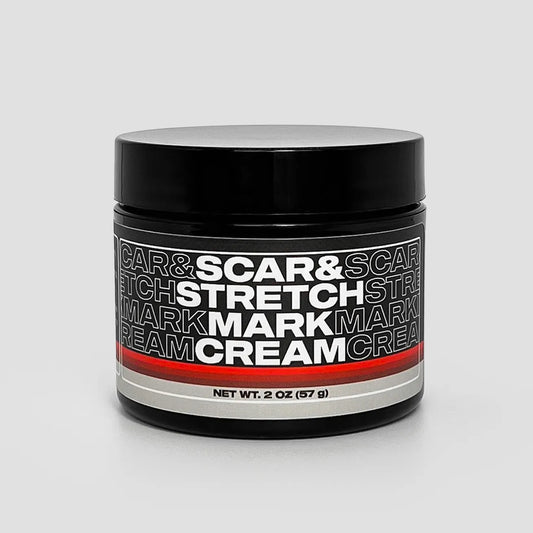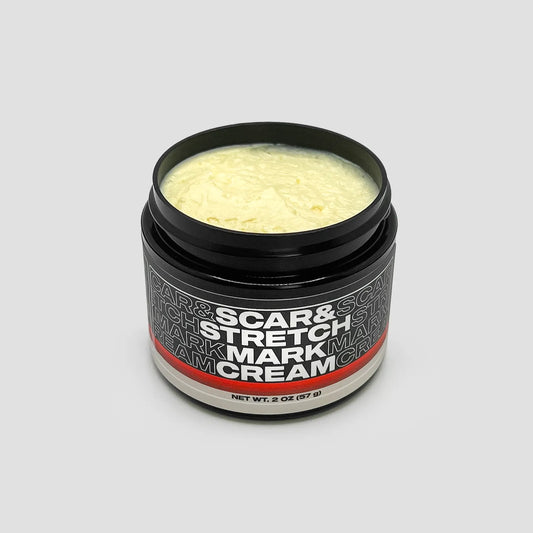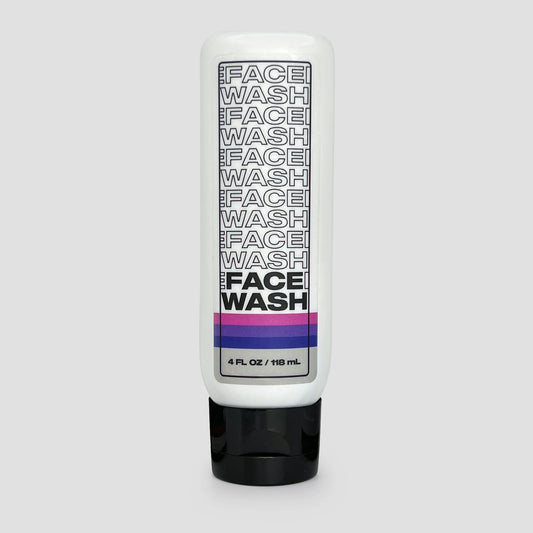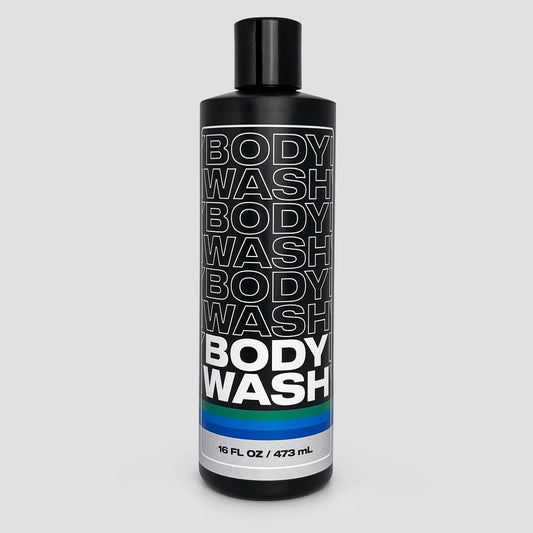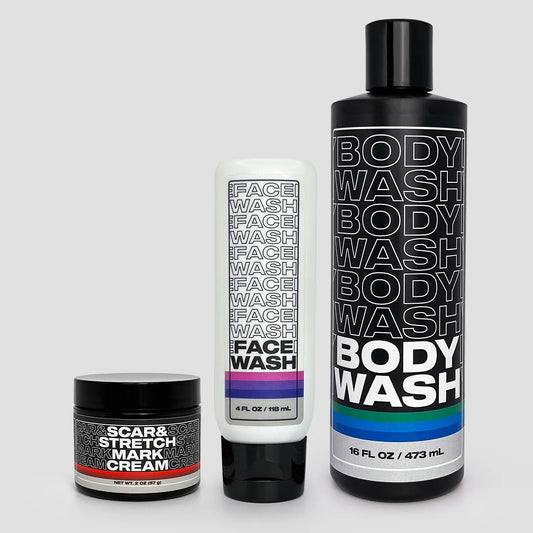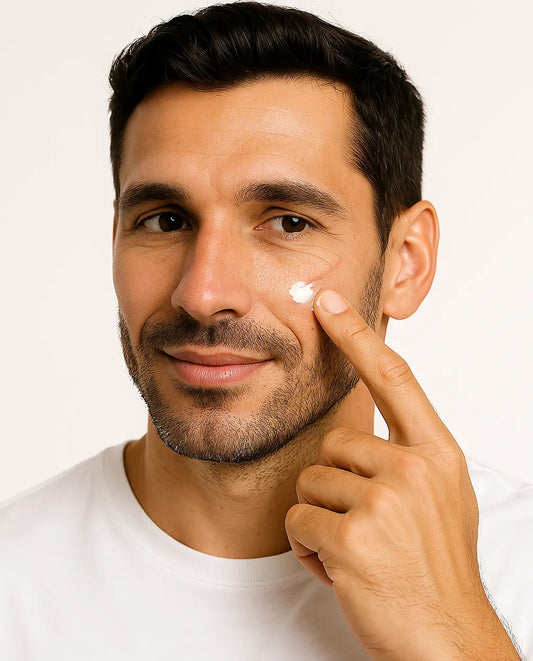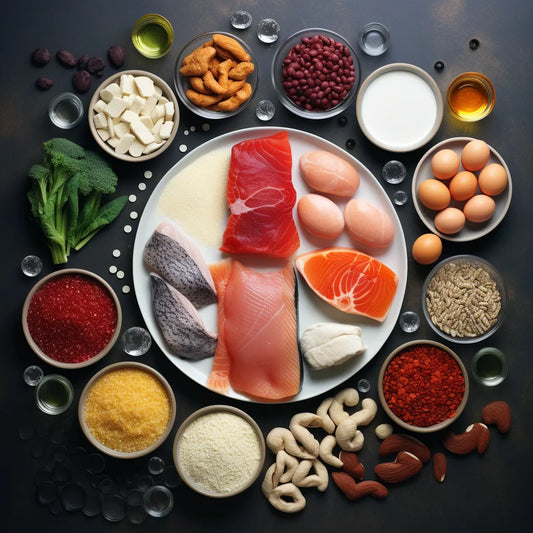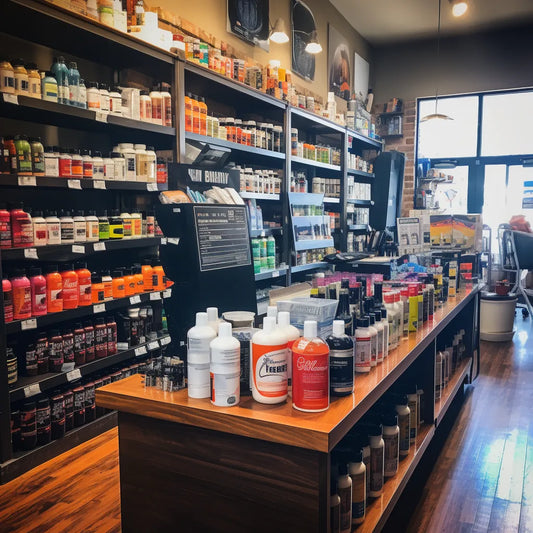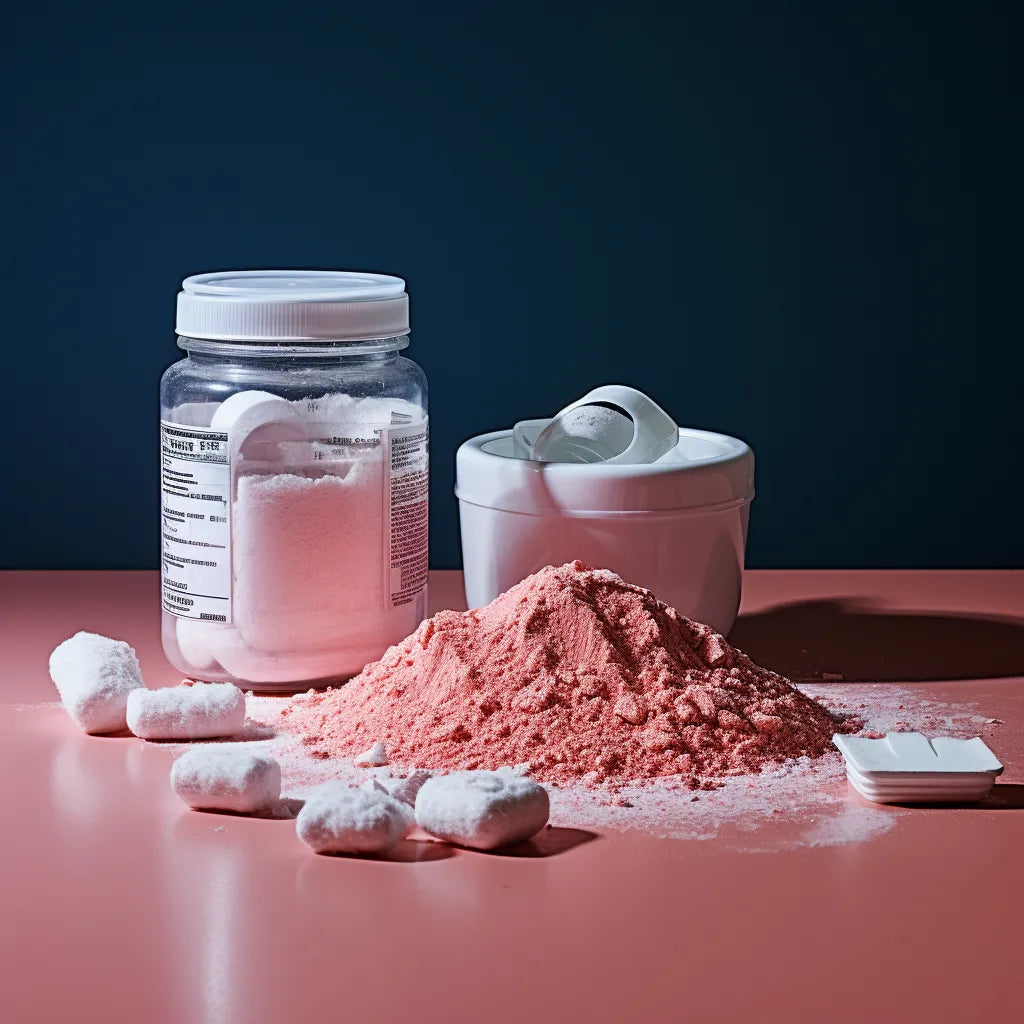
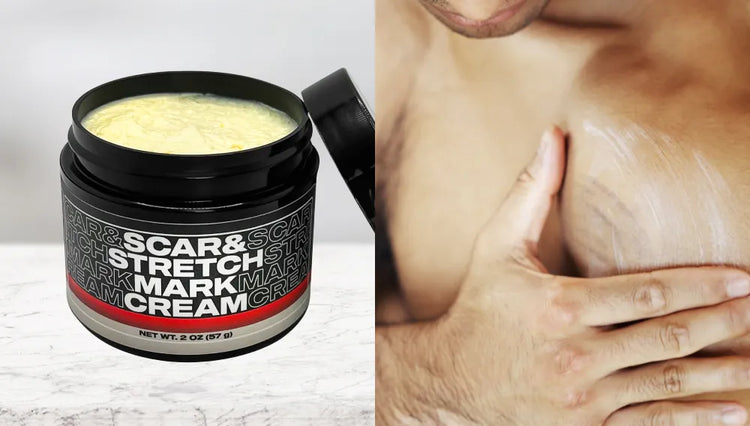
Ever get stuck deciding between pea and soy protein? You’re not alone.
As athletes looking to optimize your training, it's crucial to understand the difference between these two popular plant-based proteins.
In this post, we break down all you need to know. So, let's dive in.
Expect an in-depth comparison of pea and soy protein, their benefits, uses, and which one you should choose based on your athletic needs.
What is Pea Protein and Why is it Popular Among Athletes?
Pea protein is derived from split peas and is popular among athletes due to its rich amino acid profile. It provides all nine essential amino acids, making it a complete protein. Moreover, it's hypoallergenic, easy to digest, and blends well in shakes.
Is Soy Protein Good for Athletes?
Soy protein is another fantastic choice for athletes. It's a high-quality plant protein with all essential amino acids. Known to aid muscle recovery and growth, it also promotes heart health by lowering cholesterol levels. However, it's important to choose non-GMO and organic soy products to avoid potential health concerns.
A Precise Look at Pea Protein Vs Soy Protein
Now that we’ve introduced each, it’s time to put pea protein up against soy protein. Here’s what you need to know.
1. Amino Acid Profile
Both pea and soy protein are complete proteins, proving all the essential amino acids your body needs. However, soy slightly edges out when it comes to the quantities of each amino acid. So, if you're aiming for muscle growth, either choice would be a power player in your regimen.
2. Taste and Texture
Pea protein tends to have a slightly sandy texture and a mild flavor, blending well with other ingredients in a shake. Soy protein, on the other hand, can taste somewhat beany. Some people enjoy the taste while others don't. It essentially comes down to personal preference.
3. Allergenicity
For those allergic to soy, pea protein is the clear winner. It's hypoallergenic and is less likely to induce an allergic reaction. However, for those who are not allergic, soy protein’s nutritional profile and versatility in cooking makes it a great choice too.
How Can Pea and Soy Protein Impact Athletic Performance?
Both pea and soy proteins are linked to enhanced muscular strength and recovery in athletes. They providing vital amino acids that support muscle growth and recovery, thereby helping you get the most of your workouts.
Can Pea and Soy Protein Improve Skin Health?
A protein-rich diet has been linked to improved skin health. Adequate protein intake ensures your body can repair and regenerate skin cells, promoting a clear and youthful appearance. That's where adding a protein shake featuring pea or soy protein can play a part in your skin health regimen.
Concluding Thoughts and Your Next Move
In the pea protein vs soy protein debate, it's evident that both offer impressive benefits for athletic men. Your choice ultimately depends on your dietary preferences, fitness goals, and taste.
Key Takeaways
- Both pea and soy protein offer complete protein needed for muscle repair and growth.
- Pea protein is hypoallergenic, making it suitable for those allergic to soy.
- Both proteins can support skin health when paired with an effective skincare routine.
Interested in exploring high-quality skincare products that complement your athletic lifestyle? Check out our Scar and Stretch Mark Cream and Activated Charcoal Face Wash to keep your skin feeling fresh and vibrant.
